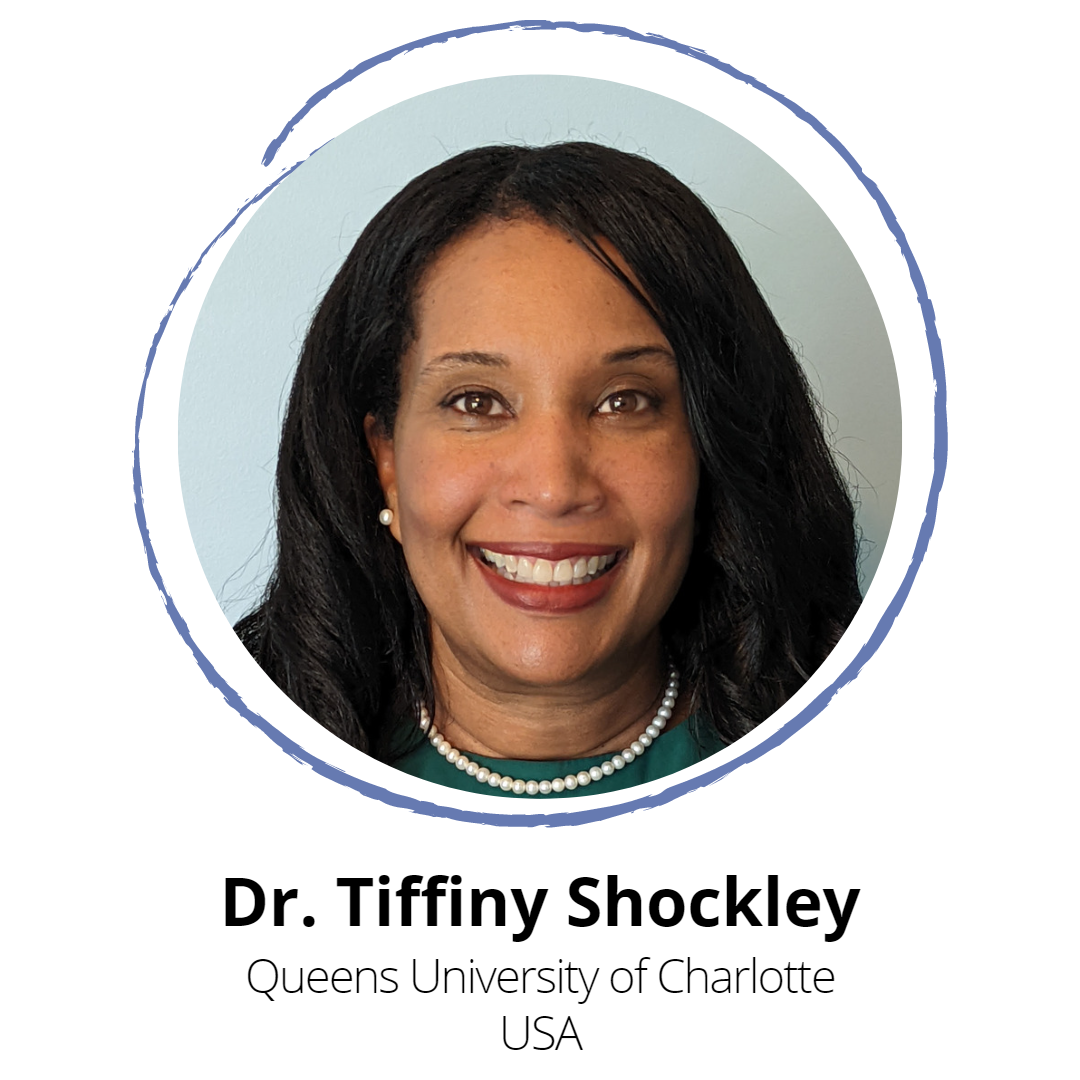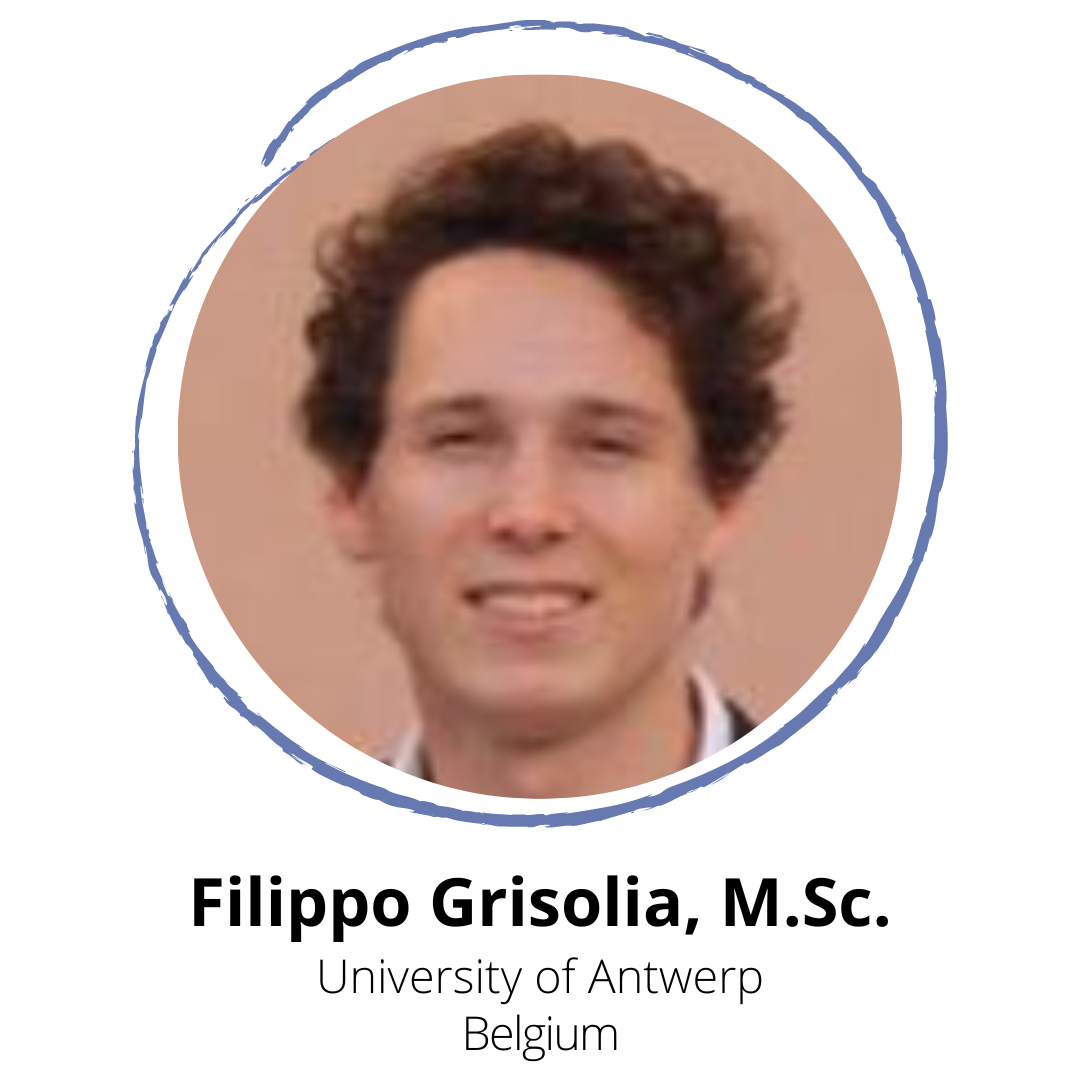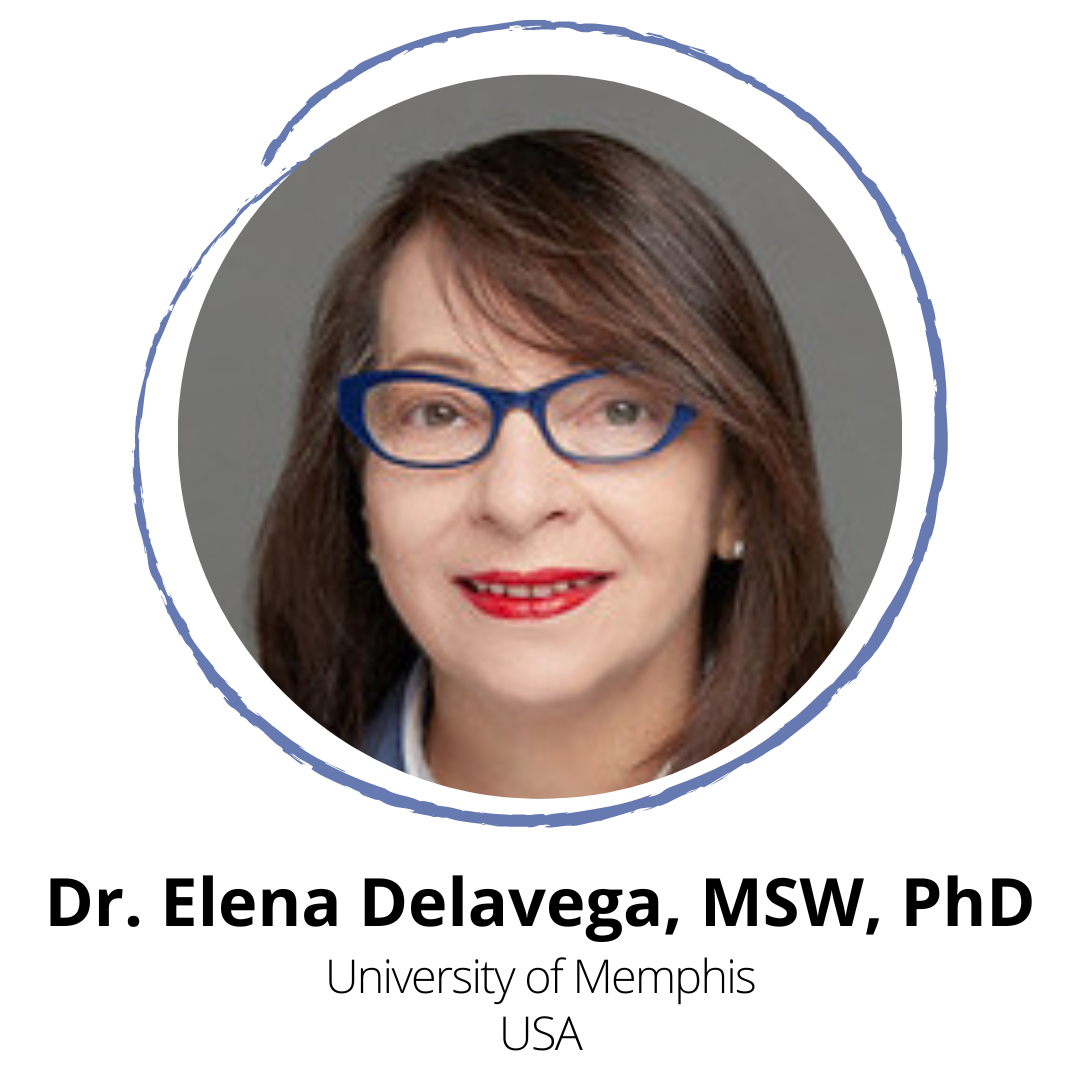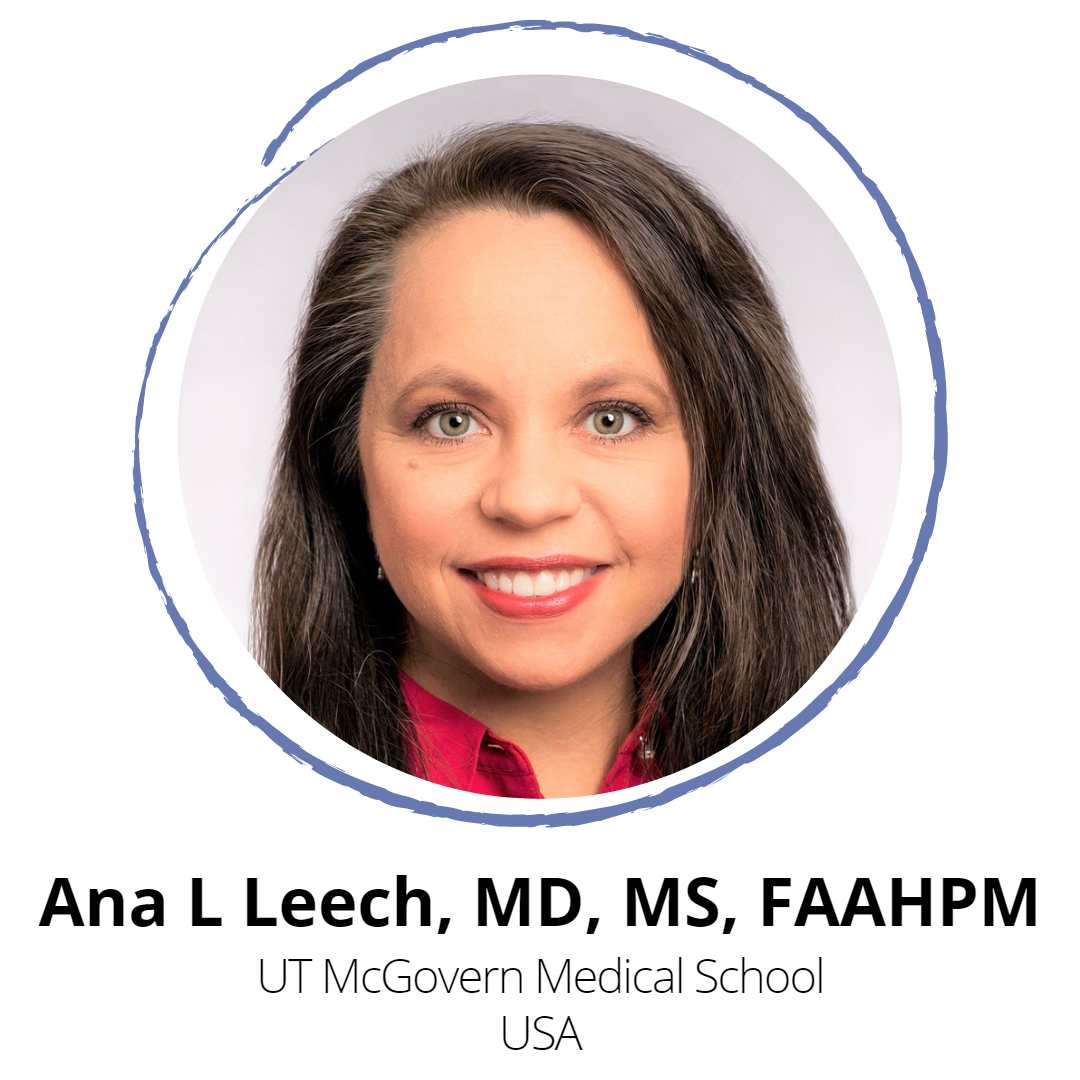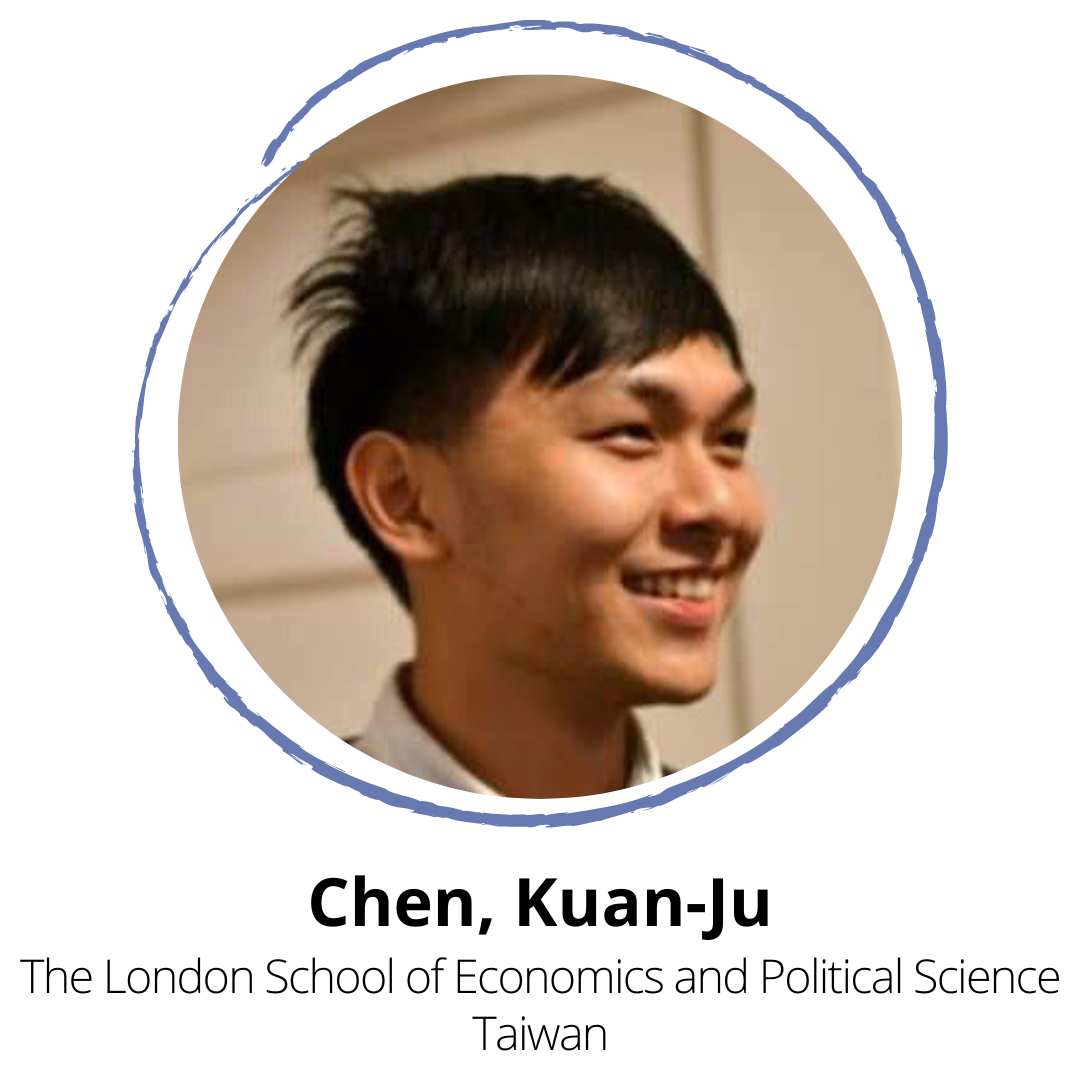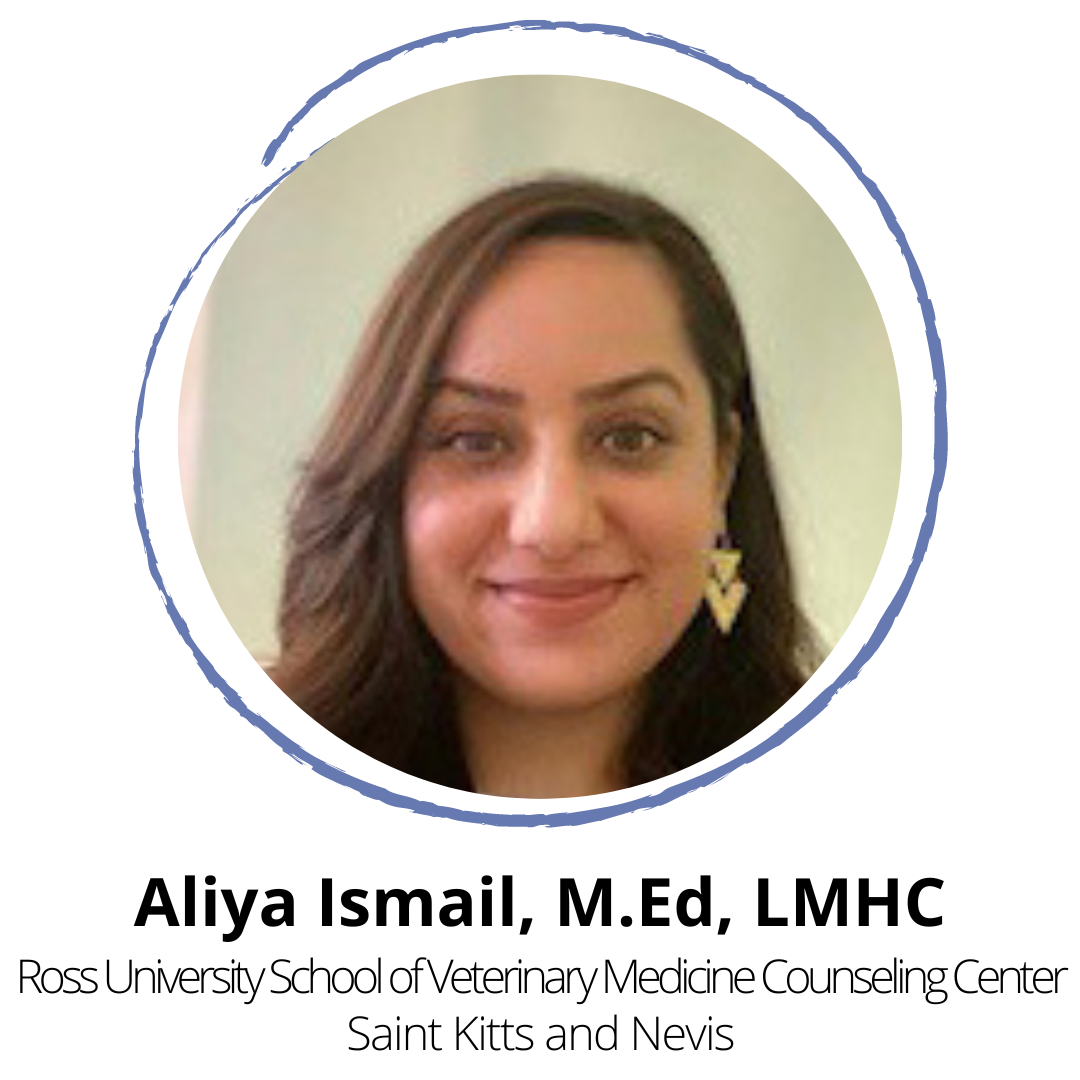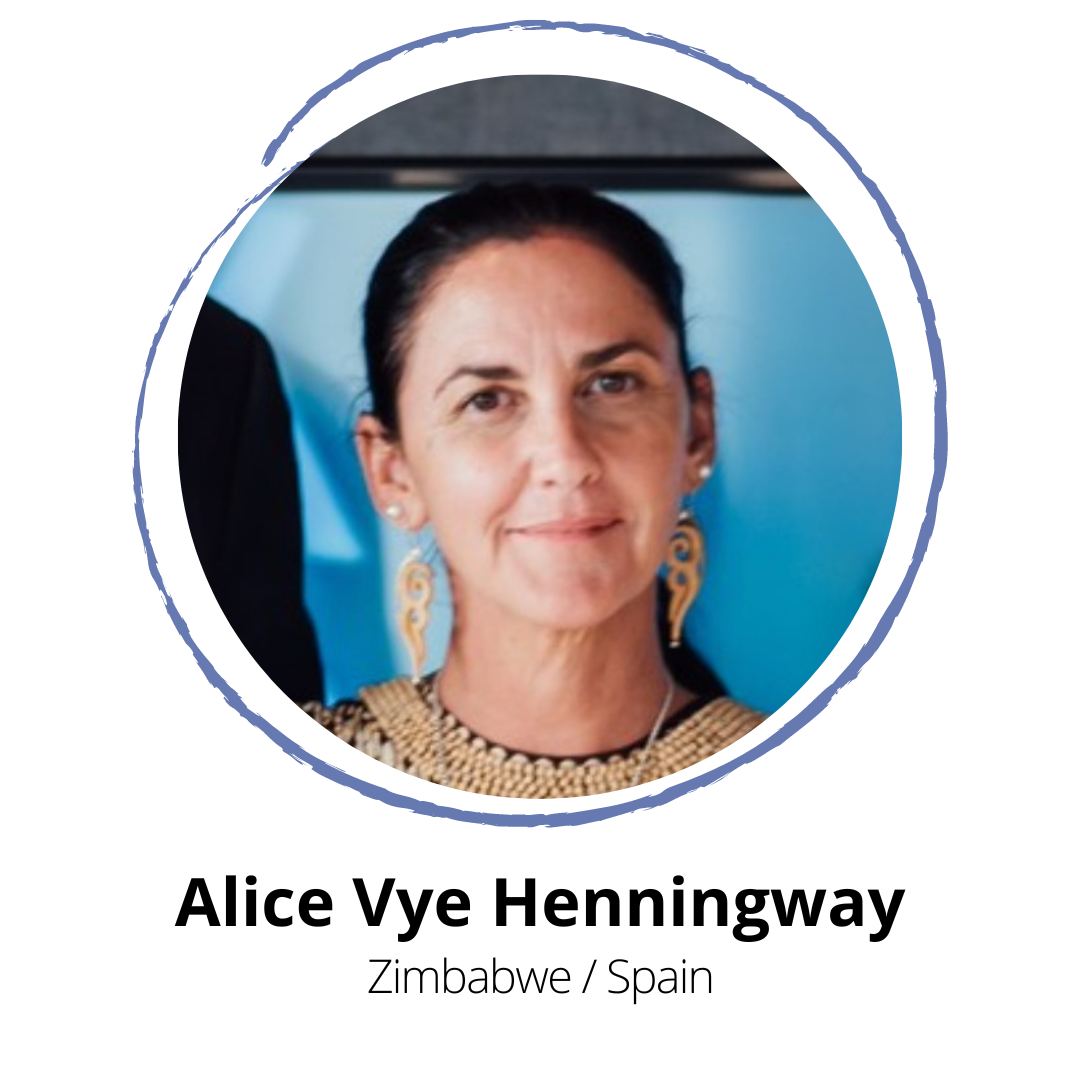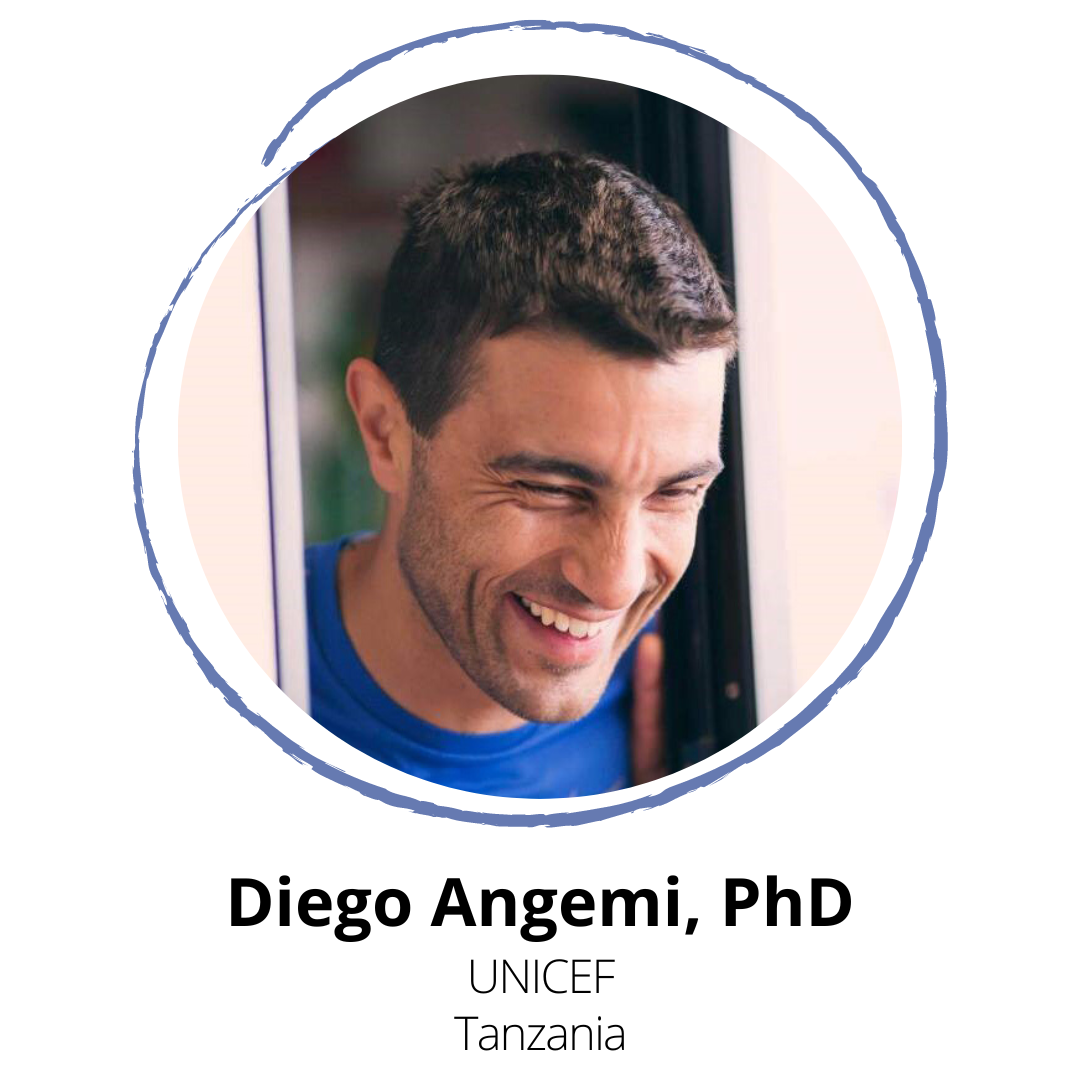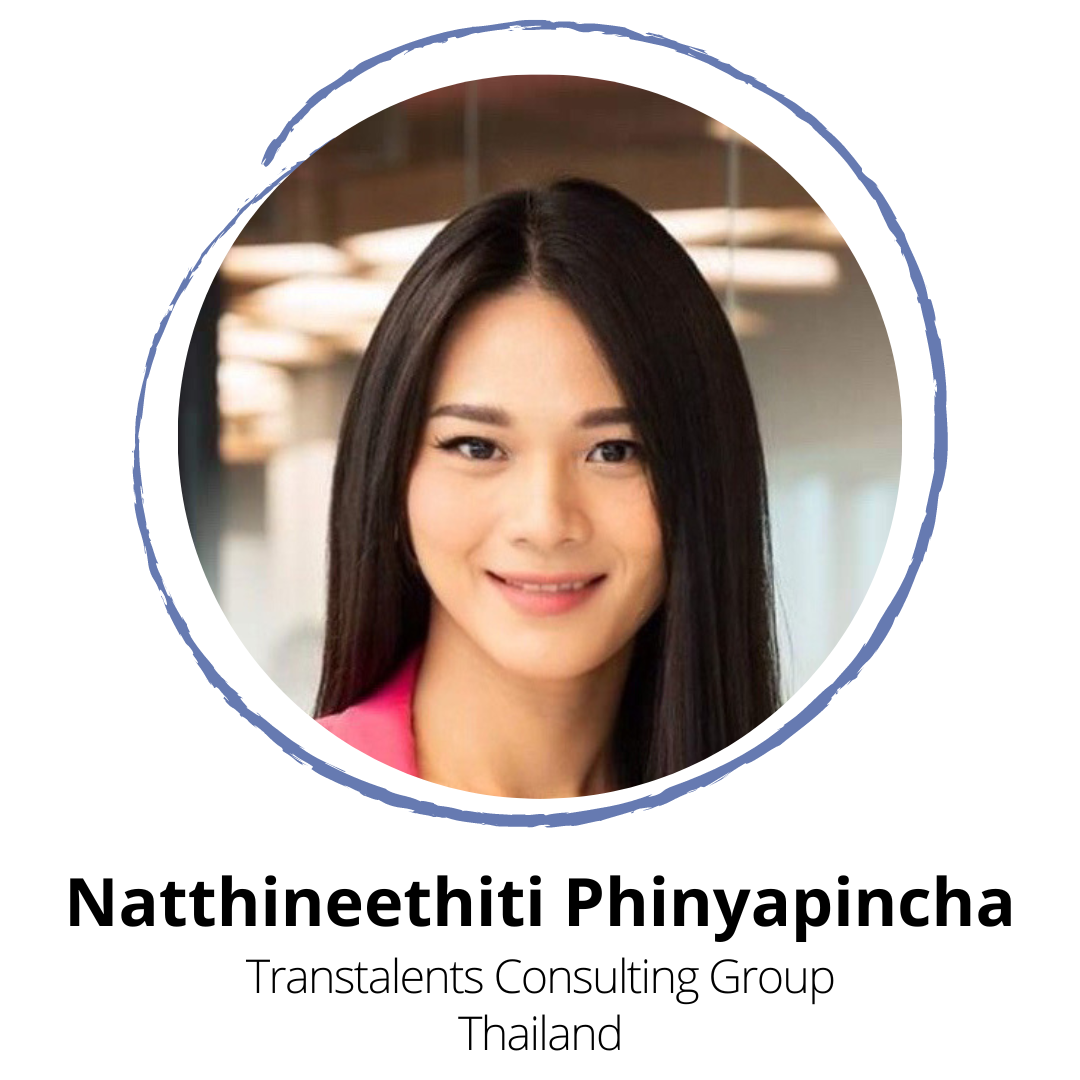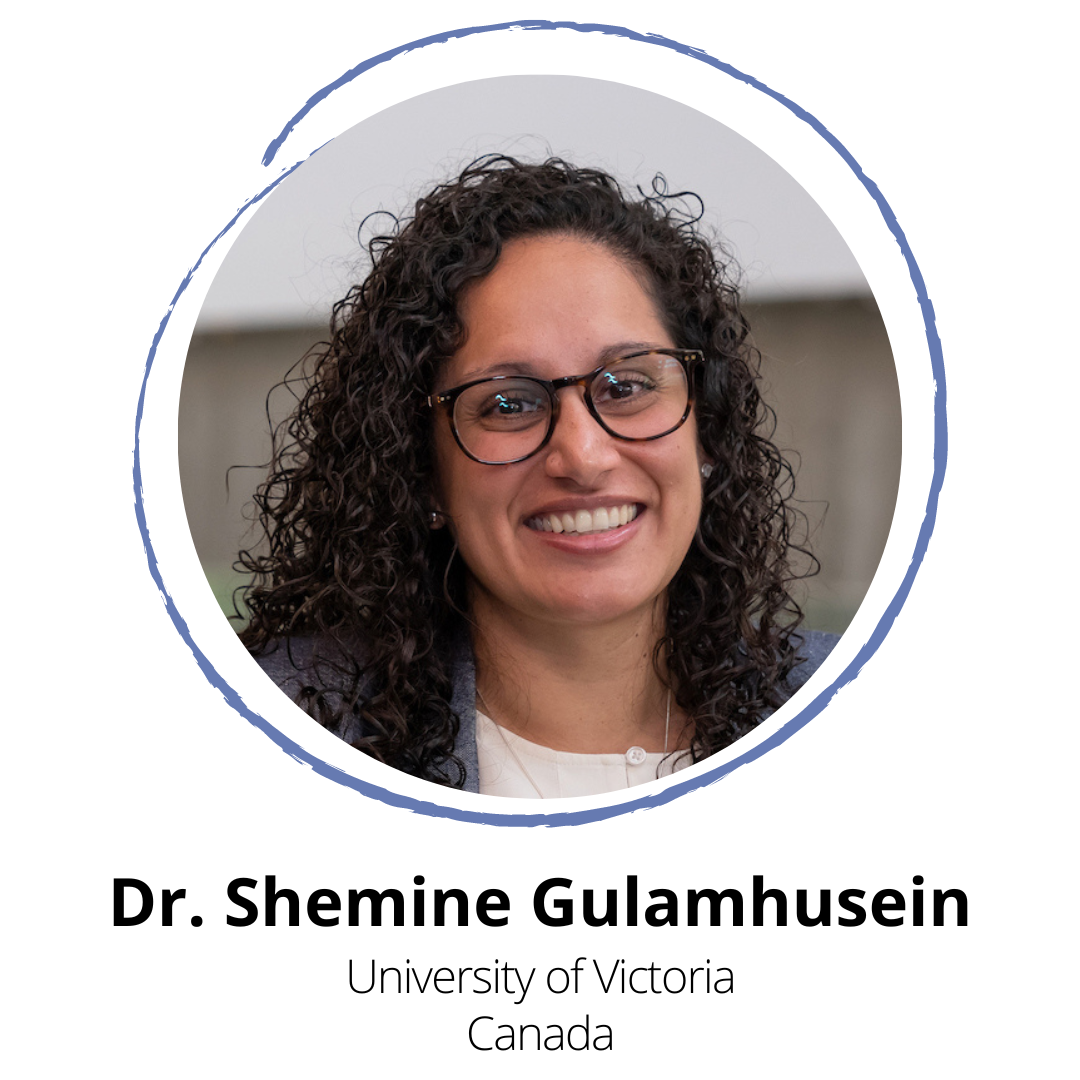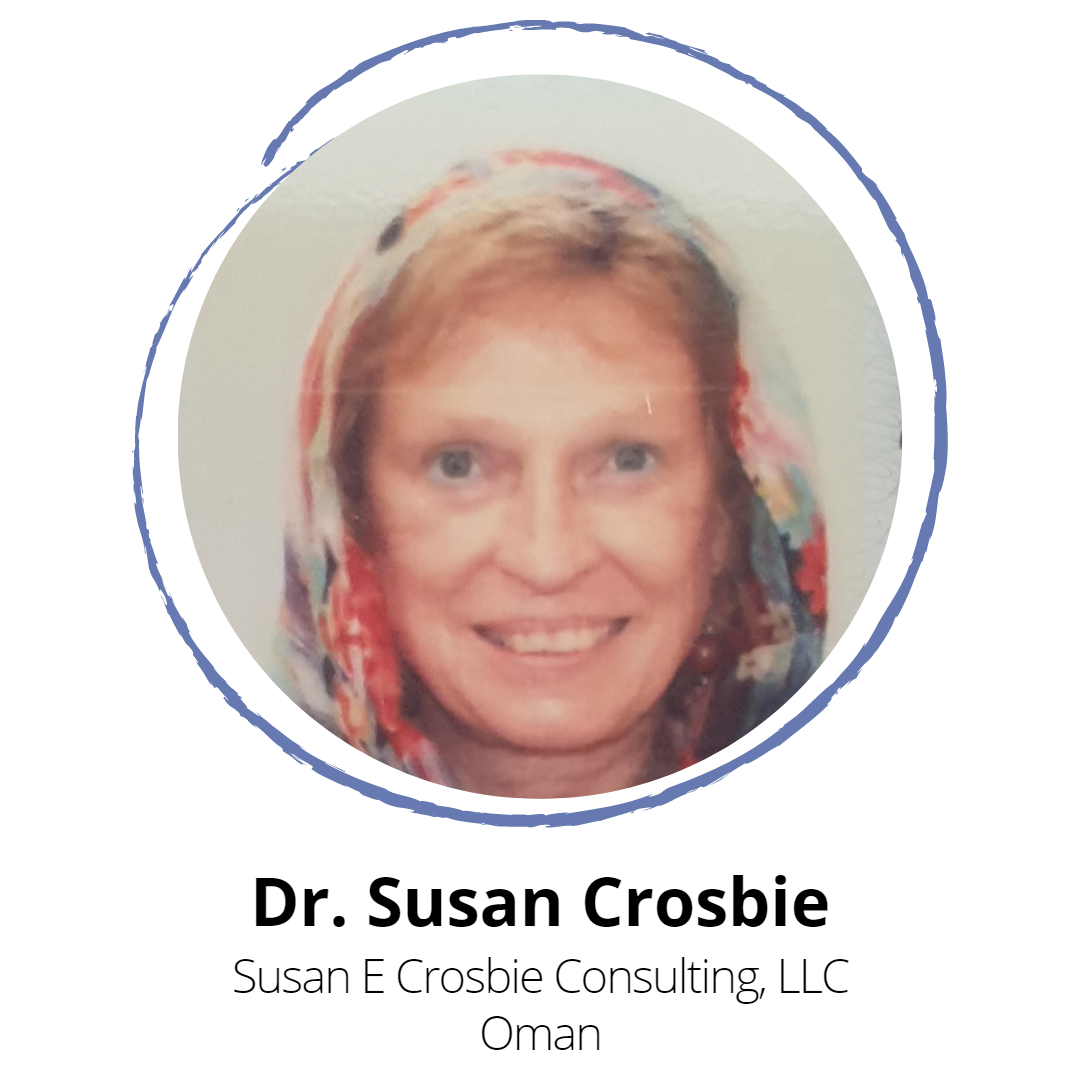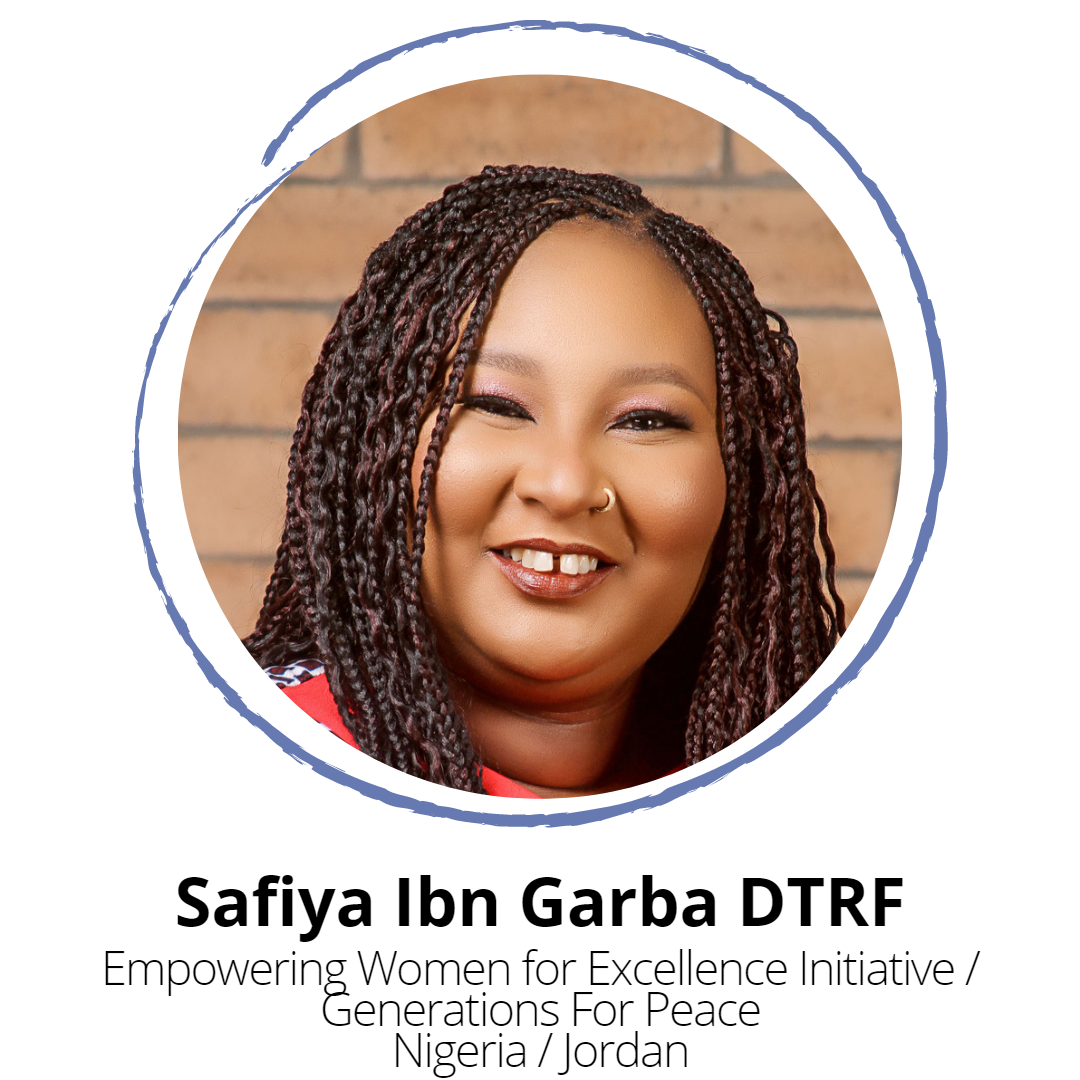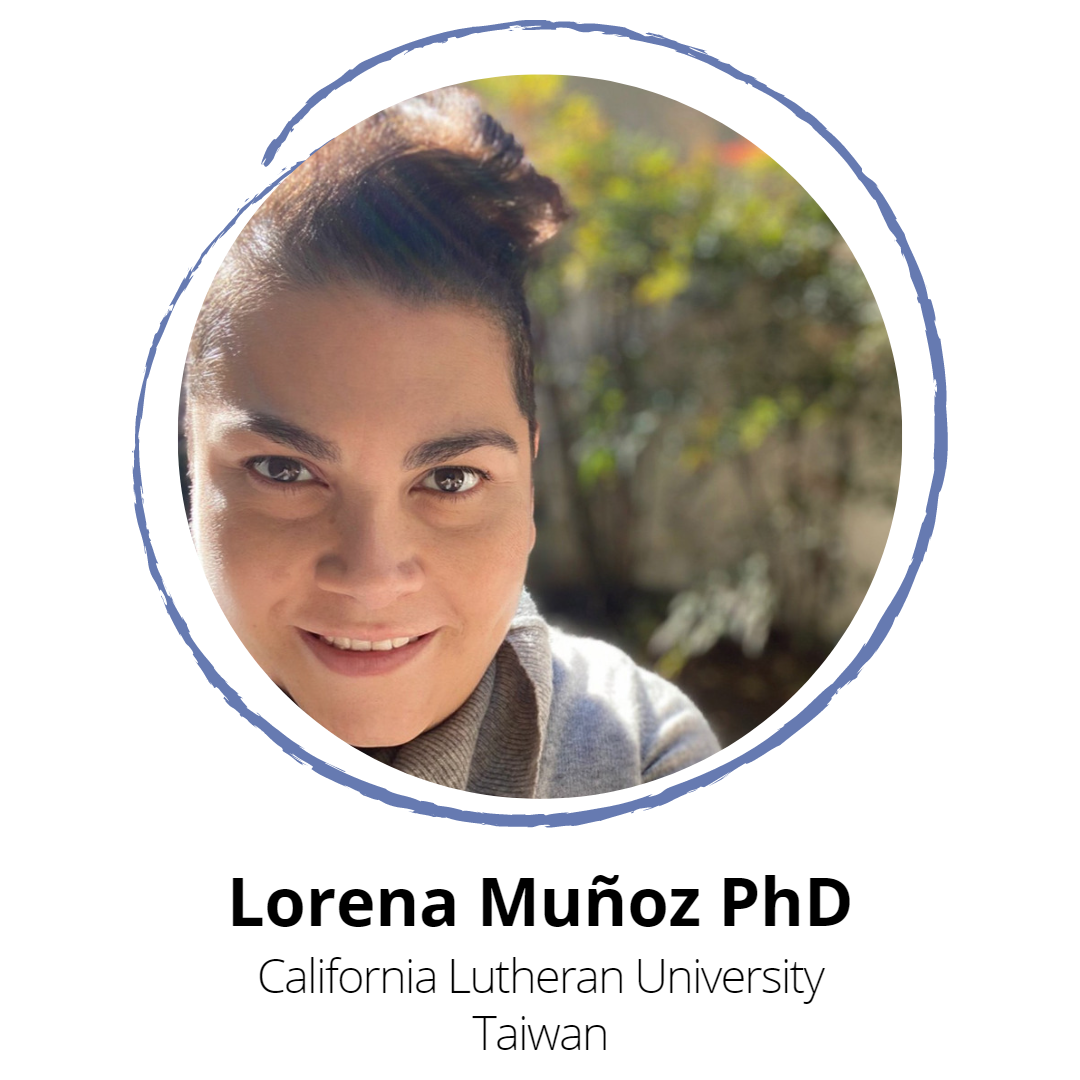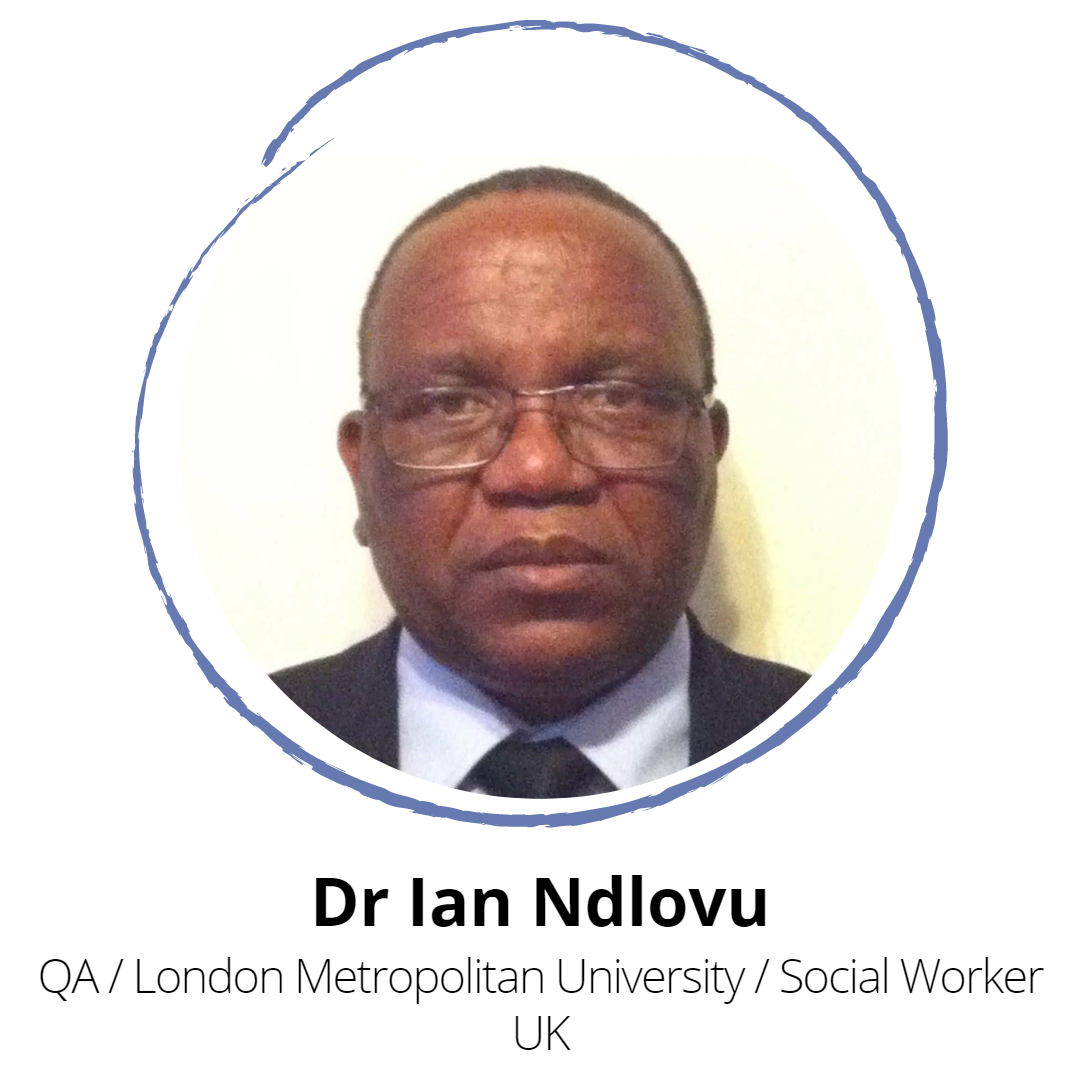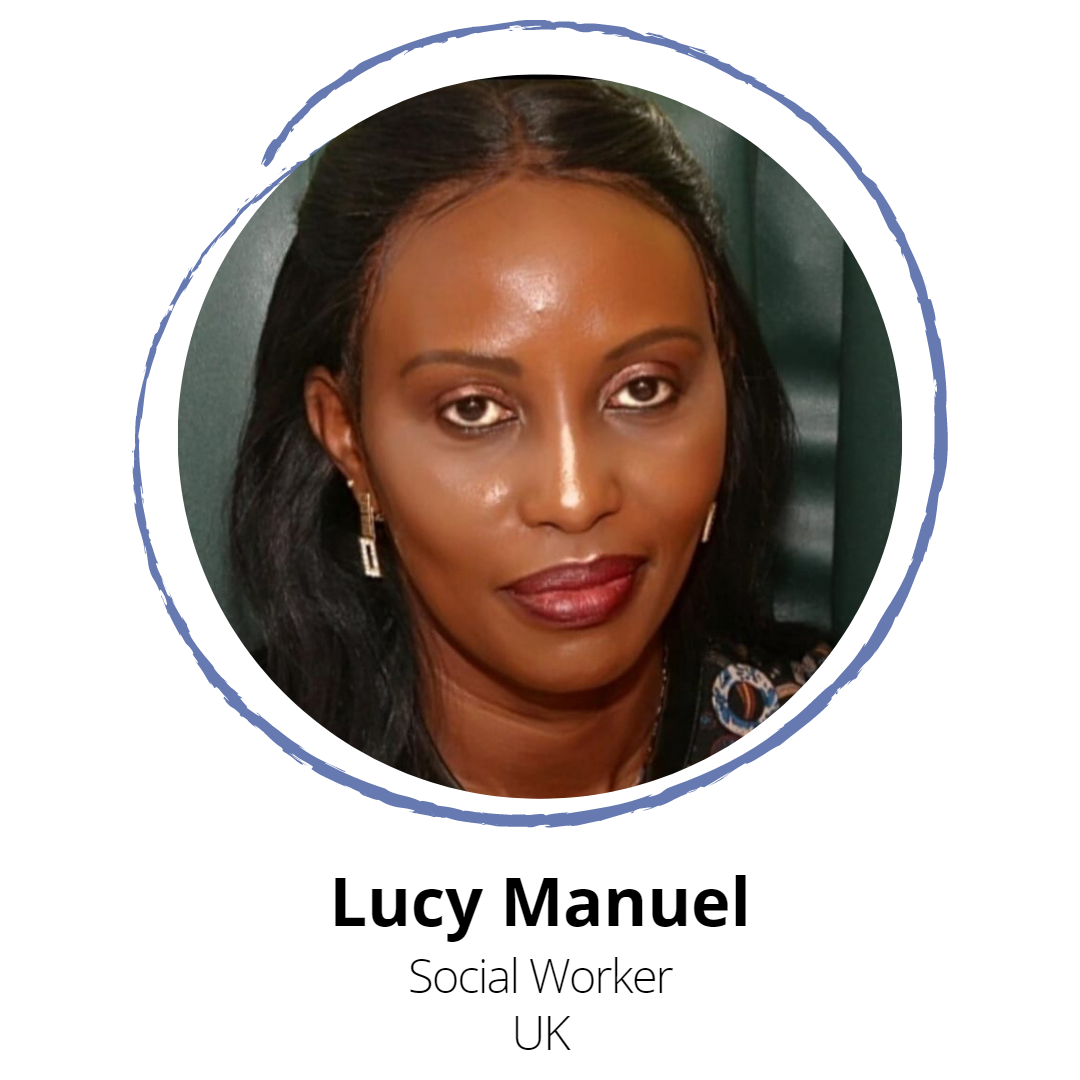13th Poverty and Social Protection Conference [PSPC2023]
9th - 11th of March 2023, Bangkok, Thailand
Radisson Suites Bangkok Sukhumvit
AGENDA
9th - 11th of March 2023, Bangkok, Thailand
Radisson Suites Bangkok Sukhumvit
AGENDA
KEYNOTE SPEAKER
The Digital Age and Design Thinking for Addressing Poverty and Social Protection
In the age of the Anthropocene the need for addressing poverty and the social protection of vulnerable populations is only increasing. A key benefit of living in the digital age is that we can use design thinking and technologically innovative methods to address many of many of these issues.
|
Tiffiny Shockley is an experienced faculty member with expertise in health IT, healthcare management, and public health. She is a member of HIMSS (Health Information Management Systems Society) and a member of the HIMSS global technology informatics TIGER taskforce which is charged with providing domain expertise, leadership and guidance to activities, projects, and collaborations within the global health informatics community. She is the Lead Health Science faculty member at Queens University of Charlotte. She is a Certified Professional in Health Information Management Systems (CPHIMS), a Certified Health Technology Specialist Clinician Practitioner Consultant (CHTS-CP), a Certified Professional of Electronic Health Records (CPEHR) and a CDC Certified Lifestyle diabetes prevention coach and a Certified Health Education Specialist (CHES). Dr. Shockley holds a PhD in Public Health and an MBA with an emphasis on health services. She is an international keynote speaker, diversity expert and the author of Blackness the Life and Times of an Unpopular People.
|
Can cash transfers really be transformative?
A literature review of the sustainability of their impacts after program end
Social cash transfer programs (CT) have traditionally been conceptualized as short-term social assistance interventions, mainly targeted at temporarily alleviating monetary poverty. However, it is by now known that CTs tend to yield positive effects on a variety of other outcomes (e.g., labour, savings and investments, women’s empowerment). Even though positive impacts on similar dimensions could turn into generalized long-term benefits, no source has yet summarized the (relatively scarce) evidence around the actual persistence of CT effects, on any outcome, after the end of exposure to programs (i.e., sustainability). This draws an important research gap, especially given that recent debates around social protection do extend its role beyond mere monetary poverty alleviation, to more structural and ‘transformative’ aims. In this context, through a (quasi-)systematic literature review, this paper reviewed the available proofs on the sustainability of CT impacts, differentiating them by the length of the timeframe elapsed after lastly receiving the transfer, and by program features. For instance, particular attention was given to the so-called ‘graduation’ projects, which integrate cash with complementary grants, grounding on the traditional assumption that CTs would be inadequate at building sustainable and resilient livelihoods in the long run.
|
I am a young researcher with a primary interest in social cash transfers and Universal Basic Income (UBI), fueled by an innate passion for human development. My present research mainly draws from the (short-, medium- and long-term) impact evaluation of universal unconditional mobile cash transfers handed out in rural Western Uganda, with a focus on social capital, agency, collective action and climate resilience.
|
Health literacy and improved outcomes for the poor
Health literacy is the personal ability to understand and process health information in order to make healthcare related decisions including the implications and ramifications of such decisions (Institute of Medicine, 2004). Efforts to improve health literacy in the population include individual and group teaching and outreach by an interdisciplinary team so the patients can develop the skills necessary to improve their own health literacy. Education to improve reading, writing, and communication skills as well as numeracy and critical thinking is needed to ensure proper decision-making involved in health decisions for oneself or a family member. These efforts must be paired with a deep understanding from the healthcare teams of the deficiencies present. Beyond understanding the ability chasm, the healthcare teams must improve their own communication skills to meet the patients where they are. Healthcare providers must also receive training in communication, patience, and compassion. Specific curricula has been shown to reduce blaming among social work students (Delavega et al., 2017) and shows promise for all healthcare providers. Health literacy education for patients, and health communication education for practitioners are both aspects of comprehensive health literacy to promote better outcomes. Health literacy is crucial to improve the lives of the poor.
|
Elena Delavega, PhD, MSW is Professor of Social Work at the University of Memphis, where she teaches and researches poverty and social welfare policy. Dr. Delavega has created a body of work consisting of over 30 peer-reviewed publications; over 100 reports, newspaper/magazine articles, book chapters, fact sheets, and translations; close to 200 presentations, including international presentations, keynote addresses, and a TEDx Talk focused on the Blame Index. She has produced the Memphis Poverty Factsheet, updated yearly, since 2012. She has also given close to 200 media interviews locally, nationally, and worldwide. Additionally, she serves on the board of JustCity, Inc., the Memphis Coalition for the Homeless, as an advisor for Slingshot Memphis, Inc., she served as Associate Director of the Benjamin L. Hooks Institute for Social Change at the University of Memphis from 2015 to 2019 and continues as research collaborator.
www.memphis.edu/socialwork/research/poverty_fact_sheets.php |
|
Dr. Leech earned a Bachelor degree in Biology from the University of St. Thomas in Houston and then a Master degree in Biology from the University of Houston. She then graduated from the University of Texas Health Science Center McGovern Medical school with a Doctorate in Medicine. She trained in family medicine followed by a fellowship in palliative medicine. She is an associate professor and the medical director for palliative medicine at her alma matter, McGovern Medicine in Houston.
|
Entitlements of Susceptibility: Analysing the Heterogeneity Effects of Cambodia COVID-19 Cash Transfers on IDPoor Household Food Insecurity
The unprecedented COVID-19 crisis has catalysed the growing of emergency cash across developing countries to address the needs of affected populations. Newly emerged perspectives of recognising cash transfers not only as an emergency response but as part of social protection development triggered the research interest in probing into Cambodia’s first-ever COVID-19 Cash Transfers Programme, with a time period between June 2020 to March 2021, according to World Bank’s High-Frequency Phone Survey (WB-HFPS) data. The research investigates the heterogeneous effects of cash transfers on IDPoor households experiencing food insecurity in Cambodia.
|
Chen, Kuan-Ju (Steven) is a double-master graduate in Political Economy for Development at LSE (MSc. Development Management) and Sciences Po Paris. His research interests lie within social protection (focus on cash transfers programme), humanitarian response, and migration, with a regional focus in Asia and the Pacific region.
|
Decolonizing Mental Health Practice: Reconstructing an Asian-Centric Framework Through a Social Justice Lens
his presentation provides a roadmap for the reconstruction of mental health practice from an Asian-centric framework. This framework centers collectivistic values, (re)integrates religious and spiritual traditions, and elevates the recovery, resilience, and resistance of Asian communities. Western mental health practices are fundamentally situated within systems of power and European colonial hegemony. In both intent and process, these practices continue to be used as tools of neocolonialism in relation to the Asian diaspora. We explore the context of Asian American mental health experiences, which have been characterized by colonialism and current oppressive systems. We highlight the pervasive impact of erasure and appropriation of traditional Asian spiritual and cultural practices within contemporary mental health practice. Through a social justice lens of postcolonialism, we offer practical ways to shift therapist positionality in order to affirm identity and prevent the perpetuation of neocolonial trauma. These mechanisms are illustrated through clinical case examples of Asian American clients from various ethnicities, faiths, socioeconomic status, and sexual identities. While the paper for this framework focuses on the Asian American experience, our paradigm can be applied globally. Many Asian countries share common impacts of neocolonial agents: Western cultural imperialism, the commodification and secularization of yoga and meditation, the erasure of Asian historical contributions to modern mental health practice, as well as the worldwide proliferation of Western models of psychotherapy as the gold standard. Our Asian-centric framework aims to reshape internal and external narratives in service of the well-being of practitioners and clients.
|
From Toronto to Lima, Miami, and St. Kitts and Nevis, Aliya Ismail has been working therapeutically with youth, young adults and their families within underserved communities and educational settings. As a Licensed Mental Health Counselor (LMHC), a Certified Clinical Trauma Professional (CCTP) and currently the Director of University Mental Health Services at Ross University School of Veterinary Medicine, Aliya works with her clients from an anti-oppressive and trauma-informed framework. With additional background in International Development Studies, Aliya considers the impacts of global dynamics on the mental, physical and spiritual health of individuals and communities, as reflected in her clinical work, research and outreach. Aliya is excited to be exchanging knowledge with others from around the world during this conference. Feel free to say hello when you see her!
linktr.ee/aliya.ismail |
Nyika, I Love You
(Nyika means, the world the earth)
This story is about a relationship between a child and eventually a woman and her Shona maid, in the lowvelds of a war-torn Zimbabwe. Seen through the prismatic eyes of Joanna, this is the source for a multifaceted and captivating story of people, culture and personalities. The story means a lot more than black and white. A raw and romantic perspective that can only be provided by someone who grew up in the midst of it all and who is able to brilliantly paint the picture in the language of her African heart. As brutal and beautiful as the reality of the wildlife and her roots - The Save Valley Conservancy, 3442kms squared in size and world-famous stature, her playground. Crazy parties, sad events, hate, love, motherhood and murder, lions and liars, the cowards and the courageous. Tears and laughter as loud and as beautiful as the backdrop of the African bush itself.
|
As you will see after reading this book, the synopsis of Alice’s life, hers was an upbringing which was arguably the envy of any number of people. A life worth living; her world full of adventure, excitement and enjoyment with, at times overwhelmingly sad lessons. She has contributed to this planet, indeed making it a better place for Zimbabwean wildlife and her people. Her cup truly overflowed in many respects, and she has very few regrets. Alice clearly has a will of her own. Her love will always be the African bush, specifically the Zimbabwean Lowveld and Chishakwe, the Save Valley Conservancy. Alice (referred to as Joanna in this book), is currently based in Bangkok, Thailand. She is writing her next novel, ‘The Flamboyant’, a story about her family’s arrival in Africa at the Cape of Good Hope before the 1850s, her uncle (who is a published author in his own right) will be assisting her with the history of their family’s great trek.
alicevyehenningway.ampbk.com |
Flip the Script on the Poverty Players. How Empowering Women Financially is the Key to Liberating the World from Poverty
Cultural and Religious Stigma around women Financial Literacy Access to free quality education Caretaker roles lack of legal protection and physical safety.
|
Hi Gorgeous, I’m Kelly. Former Pro Ho turned Relationship and Intimacy Coach. Thank you for being here and taking the time to get to know a little about me. I spent a decade working as a professional Sex Worker. I experienced violence, fear and financial slavery. However, I also learned a lot about the human need for love and connection, physical and emotional intimacy and the importance of sex in an intimate relationship. I witnessed first hand the need for men to feel seen, heard and loved. I also gained insight into why men seek sex outside of their relationships. I had men share their fears, heartache and their desires with me. And most those fears, heartaches and desires centered around love and connection. When I left sex work, my own journey was one of learning about intimacy and connection, and integrating it into my sexuality. I also had to learn financially literacy, money management and financial sovereignty. I am now the proud mama to two beautiful children and am blessed to call Thailand home. Along with my business, I am a fierce advocate for sex workers across the globe. Thank you for taking the time to get to know a little bit of who I am, and what I am here to do. xo, Kelly
www.kellyrattanee.com |
Investing in data and analytics to strengthen national social protection programmes: Evidence from UNICEF’s efforts to alleviate the burden of poverty in Tanzania
In spite of positive economic growth over the past decade, the United Republic of Tanzania (URT) has experienced a slow decline in poverty, especially in rural areas. Across the country, nearly one third of all children live in monetary poverty, while as many as 74 per cent experience multidimensional poverty. In a bold effort to broaden both breadth and depth of national social protection interventions, UNICEF Tanzania conducted an investment case, inclusive of costing options and expected short-, medium-, and long-term social and economic gains resulting from the expansion of UNICEF's Stawisha Maisha and Ujana Salama Cash Plus flagship social protection programmes. The analysis from this investment case led to government's decision to absorb and finance at scale UNICEF's Stawisha Maisha into the national flagship social protection programeme, i.e. PSSN2.
|
Diego Angemi is the Chief of Social Policy at UNICEF Tanzania. With a PhD in Economics from the University of Nottingham, and a deeply rooted passion for development economics, Diego's areas of expertise include poverty and vulnerability analysis, as well as various aspects of PFM, and the ability to leverage technology and innovation as catalysts for inclusive growth.
|
Trans leadership - The Future of Inclusive Business
Equal access to employment and leadership is not a reality for transgenders across the world especially in Southeast Asia. The lived experiences of trans people are reflected in many reports such as invisibility and isolation, and exclusion from families, schools, the formal workforce and the mainstream economy forcing them to enter casual, exploitative, underpaid jobs with no security or long-term livelihood especially in beauty, media, entertainment and sex industry. This creates social stigma of “not capable/credible/professional” and unfortunately fails to recognize them as equal citizens. - 3x of transgenders in Asia Pacific face more obstacles in unemployment in all job sectors than cisgender. (APTN & UNDP 2020) - 60% of Malaysian, 77% of Thai and 85% of Vietnamese transgenders have faced job rejection, discrimination and sexual harassment at work, denied promotion to leadership role due to social stigma and gender bias stereotype (World Bank & APTN 2018). - Among LGBTQ+, transgender suffered the most (World Bank 2018). The underlying causes of this lack of trans economic inclusion are intersectional, systemic and interconnected. Trans representation in the boardroom or leadership position is needed to drive systemic change and consequently help businesses grow purposefully and be authentically inclusive business. Let's shift from bathroom to boardroom.
|
Nikki Phinyapincha (she/her) is a former PR director in an international PR firm based in Bangkok with specialization in strategic branding and communication. She's also a DE&I (Diversity, Equity and Inclusion) speaker, advocating for transgender professional leadership and for LGBTQI+ inclusive workplace in both national and international stage. She is also chair for PRCA APAC Pride Network and recently awarded by US government as Young Southeast Asian Leaders Initiative Professional Fellows Program (YSEALI PFP) 2022. She recently found Transtalents consulting group that envisions to transform the future of inclusive workplace with LGBTQ+ economic empowerment to drive for a better socio-economic change. See more of her work at www.transtalentsth.com .
|
Eradication via Migration: Searching for Quality of Life
During this presentation, I share the oral history of my family and our friends as they migrated to elevate the tensions of poverty. Arriving at the "world of opportunities" fostered social exclusion, individualism, and re-colonization that we now attempt to unlearn. Through these oral histories, we unpack the definition of poverty, and the various ways poverty impacts the everyday lives of well-established and privileged migrants.
|
Dr. Shemine Gulamhusein is a Muslim scholar working, playing, and occupying the lands of the WSANEC peoples. She has a deep-seated commitment to creative, innovative, and interdisciplinary understandings, dismantling of, and re-creating accessible, culturally grounded, and transformative research. Her research centers on migrant subjectivities, diasporic self-making, theorizing in-between spaces, creating meaning in freely chosen activities (recreation), and grappling with beautifully complex somatic experiences.
|
Qatar FIFA: Casting a long shadow on migrant workers
Amongst accusations of migrant workers and human rights abuses, Qatar FIFA cast a long shadow on the world. It not only exposed the world to their potential abuses, but it also opened the global discussion. The purpose of this presentation is to commence a discussion of global human rights issues. The presenter will open the session with an overview of Qatar FIFA and human rights issues on the Arabian Peninsula. Then it’s time for audience participation. Please bring your thoughts and voices.
|
Amongst accusations of migrant workers and human rights abuses, Qatar FIFA cast a long shadow on the world. It not only exposed the world to their potential abuses, but it also opened the global discussion. The purpose of this presentation is to commence a discussion of global human rights issues. The presenter will open the session with an overview of Qatar FIFA and human rights issues on the Arabian peninsula. Then it’s time for audience participation. Please bring your thoughts and voices.
|
Citizen Resilience and Accountability in Governance: Why No, Why Yes.
Why do bad governance, lack of transparency and accountability seem to be pertinacious? Why are those responsible for the provision of enabling environments, laws, policies and overall responsiveness to basic human needs continue to perpetuate the cycle of impunity? Resilience is a life skill for survival and thriving. But can it be negative if is not utilised in the way that benefits citizens who practice it? What are the pros and cons of resilience within the context of accountable governance? How can resilience not just be a coping mechanism, but a means of organised action to demand responsive and accountable governance? Let us examine the concept of “the power of the people” through a lens of “the people of the power,” and how as citizens of the world, we can address the pressing issues that beset our communities and hinder the quality of life we all deserve.
|
Safiya Ibn Garba DTRF founded Empowering Women for Excellence Initiative in 2008 and is the Senior Director of Global Programmes and Learning at Generations For Peace with over 23 years’ work experience/expertise in girls/women’s empowerment, peacebuilding, facilitation and learning. She is a doctoral student with the UN Mandated University for Peace, exploring peacebuilding through the narratives and interactions of women in violence-affected north-west Nigeria via participatory arts. She is a globally sought speaker, and a seven-time award winner in recognition of her efforts in sustainable development and peacebuilding. Her recognition includes a Desmond Tutu Reconciliation Fellowship Award 2020, CSR-in-Action Apostle Hayford Elile Humanitarian Award 2020, FemiList100 2021, Amazon of the Week, Amazons of Arewa 2021, Outstanding Citizen Honour Award 2021, The International Alliance for Women World of Difference Award Non-Profit and NGO Category 2022, Jordan Global Changemaker by Startups and Funds 2022 and Partners West Africa WCW 8 February 2023.
www.safiyaibngarba.com |
Queering Economies and Messy Urban Futures
Since the 1990s cities in the global south have implemented revanchist neoliberal urban regeneration policies that cater to urban elites based on “recovering” public space for capital accumulation purposes. These policies often work to reify street vending as survival strategies of ‘last resort’ for marginalized people and as an unorganized, unsystematic economic activities that needs to be disciplined, incorporated and institutionalized into the formal economy. This paper suggests, that by moving away from frameworks that reify formal/informal spheres of the economy, we are able to disrupt and rethink normative understandings of economic practices categorized as ‘informal’. Through queering economies, informal workers center their own understandings of self-value and legitimacy informing their economic lives and contributions to urban life. As such, queering the economy opens up possibilities of rethinking urban redevelopment policies that incorporate rather than remove street vendors, as their economic practices are incorporated into the everyday fabric and aesthetic of urban life.
|
Lorena Muñoz is an Associate Professor and Director of Ethnic and Race studies and Associate Dean for Equity, Inclusion & Engagement for the College of Arts and Sciences at California Lutheran University in the United States. Dr. Muñoz is an urban/cultural geographer whose research focuses on the intersections of place, space, gender, sexuality, health and race. Dr. Munoz’s transdisciplinary research agenda has been focused on Latinx in the global south, particularly in the areas the (in)formal economy, labor, health and productive/transformative agency. In particular, her research through different projects focused on street vendors across Latin America, calls for rethinking the ‘informal’ economy in ways that disrupt normative narratives that center ‘the economy’ as a unitary category. Building on diverse economies onto-epistemology, her work re-thinks ‘the economy’ as diverse, heterogeneous entangled economic processes, rather than categories that exclude, include and define binary systems. In order to theoretically understand how these spaces and places are produced, Dr. Munoz, looks towards what she calls Queering (in)formal economies, that is rethinking the (in)formal economy by understanding heterogeneous economic processes as queer, entangled and relational.
|
The phenomenon of self-harming among teenagers in Buckinghamshire during the Covid-19 pandemic:
Lessons to be learnt for practice
The Covid -19 pandemic saw a rising number of young people self-harming and thus posing a strain to the over stretched Child and Adolescence Mental Health Service (CAMHS) in the United Kingdom. Social Workers and schools have had to deal with emotional wellbeing issues and lack of clear pathways as to how best the phenomenon could be handled by social care and mental health services. As Social Care Managers working for Buckinghamshire County Council we realised that Social Work practitioners were experienced high levels of anxiety in working with unprecedented number of young people who were self -harming. During Covid-19 pandemic young people spent most of the time at home and their social ;lives were affected as they could not have face-to-face interactions with their peers. When restrictions were eased , there was unprecedented prevalence of self-harming among teenagers and our research sought to gain an understanding of the causes and underlying issues behind this increase. We also sought to explore how agencies managed the cases of self-harm.
|
Ian is Part-time Lecture in Health & Social Care, London Metropolitan University and Practising Social Worker, Team Manager , Buckinghamshire County Council, UK; with 34 years’ experience working with children and families/ child protection and safeguarding.
Academic Qualifications: -Doctor of Philosophy in Health and Social Care , Open University , 2015 -MSc in Social Care , University of Hertfordshire, 2006 -Postgraduate Diploma in Social Care, University of Hertfordshire, 2006 -Diploma in Personnel Management, IPMZ, 2000 -Bachelor of Social Work, University of Zimbabwe, 1989 -Diploma in Social Work, University of Zimbabwe, 1987 -Advanced Award in Social Work Through Practice, GSCC, 2006 |
Conference
|
Tomorrow People
Tomorrow People Organization
Dusana Vukasovica 73 11 000 Belgrade Serbia Tel. +381 62 680 683 www.tomorrowpeople.org |
Copyright Tomorrow People Organization © 2002-2024, All rights reserved.
